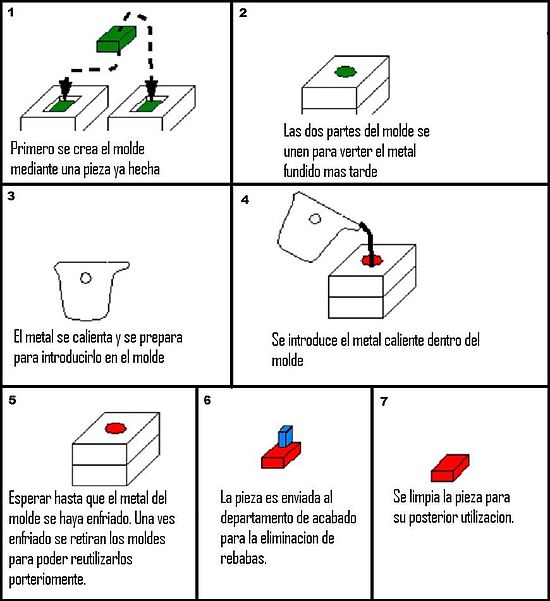
When most women also have power, then those women wouldn’t want any of those men who are now beneath them (see “ female hypergamy“). Powerful women are bad news for lower quality men. Many men do want to keep women powerless because it increases their sexual odds of mating. And the backdrop of truth is that since most men cluster around the average, most men do need women to be powerless and poor (or those men would never get sex, since women want men who are more than they are).

But it’s not fully made up, either.Īs much as some (male) researchers like to scoff at it, the patriarchy the feminist talk about has a backdrop of truth. The patriarchy is vastly overblown by feminists. So to truly understand intersexual dynamics, or to truly understand anything, really, you should look at both camps with as much of an open mind as possible.įor true red pill enlightenment, let truth guide you, not ideology, gender belonging, or what you wish to see.Īnd Ghodsee has a point when she says that men, as a group, have an incentive in keeping women down. And rarely one faction is 100% right and the other 100% wrong. The truth is rarely to be found wholly in one camp alone. You might be surprised to see this book here.īut hear me out before you close the page. Why Women Have Better Sex Under Socialism Quote: “Strike the shepherd and the sheep will scatter”ĩ. It’s useful to understand the darker, self-interested side of human nature.Īnd of course, it drops a substantial amount of gold on the unspoken rules of socialization. The 48 Laws of Power List (+ infographic for a quick reminder).Misapplications of the 48 Laws of Power.Updated 48 Laws of Power ( Book 2 and Book 3).Plus, I modernized with current examples and then done an article on the bad applications of the laws. That was so common in subreddits like “The 48 Laws of Power” that I dedicated some time to pick The 48 laws of Power Apart. See an example here: Extreme, but not uncommon

I see hundreds of men who jump into power without basic social skills, and the results are disastrous. I must preface it with a warning: getting into power reading books requires that you first understand basic social skills. Now, here is a book and an author that needs no introduction. Quote: “Everyone sees what you appear to be, but few experience who you really are“ “The Prince” and “The Dictator’s Handbook” are red pill power dynamics applied to politics. But in truth, it explains the power dynamics of politics and how incentives of personal gain and power truly determine policy. In theory, it’s a guide on how dictators operate to acquire and maintain power. So I gave the official spot on this list to “The Dictator’s Handbook”. Same for “ The Logic of Political Survival”, which is the book where de Mesquita shares all his data, and deeper logic. It has boatloads of wisdom, but it’s not an easy read. The Prince, heralded as the first treatise of political philosophy and realpolitik, is a classic. In a way, consider this position as shared between the two books. Originally, this spot belonged to “ The Prince” by Machiavelli. Suffice it to say that it divides people into those who get how the world really works (the Sociopaths and the self-aware slacker Losers) and those who don’t (the over-performer Losers and the Clueless in the middle).” Quote: “ The image is derived from Plato’s allegory of the cave, which I won’t get into here.

Rao, wittingly or unwittingly, even describes the dynamics of becoming a top-dog sociopath as a red pill awakening process: Quote: A robber who justified his theft by saying that he really helped his victims, by his spending giving a boost to retail trade, would find few converts but when this theory is clothed in Keynesian equations and impressive references to the “multiplier effect,” it unfortunately carries more conviction.Īnd albeit the analysis in The Gervais Principle may be simplistic and overly cynical, it’s still one of the best books to open your eyes to corporate manipulation (<- and that one is the best post to understand corporate manipulation, BTW). While the former is solid power dynamics and potentially eye-opening, the latter is either untested, or dubious. It’s really short and to the point, comes also in audiobook form, so it should be easy to go through.įocus on the idea of the state and the state leadership as power-players who seek to maximize their own well-being, and take the anarcho-capitalist, free-market bits with a pinch of salt.


 0 kommentar(er)
0 kommentar(er)
